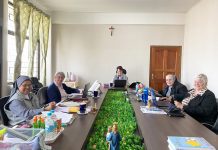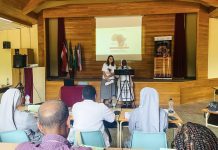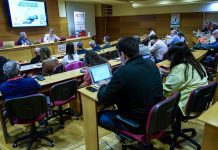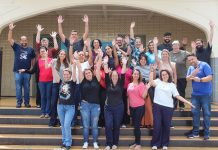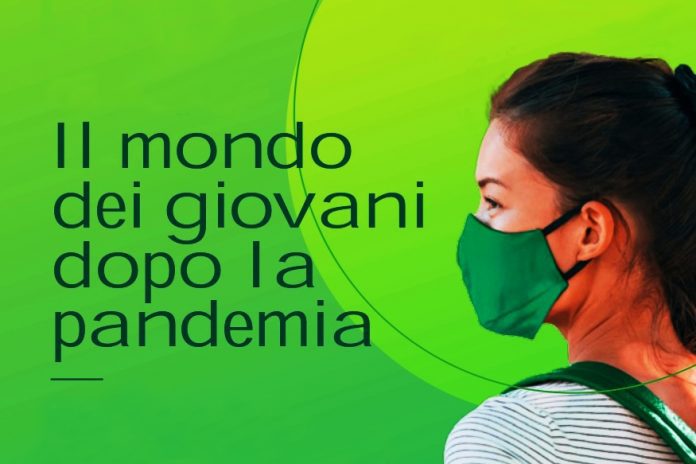Rome (Italy). The COSPES Italy Association (Professional Social Scholastic Guidance Centers), which carries out orientation activities in the educational and socio-cultural sector, conducted research to analyze the opinions, moods, and expectations of students in the time of pandemic.
The results of the research were presented on 10 September 2021 in an online seminar organized by the National COSPES, in collaboration with CIOFS / School and CIOFS / FP Lombardy.
The survey was carried out between April and May 2021, through an online questionnaire addressed to the pupils, aged between 14 and 19, of 15 scholastic institutions of the Daughters of Mary Help of Christians and of the Salesians of Don Bosco present mainly in Lombardy, Piedmont, and Lazio. The questionnaire was answered by 1,752 boys/girls, of which 52% were males and 48% were females.
The purpose of the research, declared to the young people at the beginning of the Questionnaire, was to identify educational responses to their needs at this particular moment. The COSPES Centers understand Orientation as a “permanent educational modality”, a continuous process based on individualization and the strengthening of the abilities of growing people, so that by integrally fulfilling themselves, they may fit creatively into the changing society. This is why it is important one year after the start of the Covid-19 pandemic, to ask ourselves what ‘remains’ for young people and to know their experiences, in view of more targeted and incisive interventions for them.
The pandemic situation has led to a change in habits and lifestyles. Many activities and moments of socializing take place online. By interrupting social relations and hindering fundamental relationships in the growth process in this age group, the pandemic has, in some cases, increased the fragility of the adolescent phase. Above all, the weakest categories are of concern, including adolescents who lack a family environment to support them. In some cases, poor access to essential information or services may have heightened the sense of disorientation and uncertainty.
For many young people, the pandemic is experienced with great discomfort. Requests for help from specialists for pandemic-related situations have seen an increase of about 30%. The closure of schools and the transition to Distance Learning (DAD) increased the incidence of youth discomfort. The school, in fact, in addition to being a learning environment, is a place of fundamental sociality in this evolutionary phase, for the construction of a personal, educational, and professional identity. The teenagers, locked in their rooms and connected for many hours a day, felt more isolated. Loneliness is the aspect they most frequently claim to experience.
The teenagers interviewed have, in general, highlighted a worsening of their academic performance, a growing demotivation towards distance learning, a prevalent feeling of tiredness, a sense of uncertainty, along with concern about future choices .
The singularity of this historical moment requires particular attention in an interdisciplinary key, to grasp the dynamism of the world of youth and to outline new educational strategies that aim at the integral development of the person and lead young people to develop their potential to fully live the present time and look to the future with confidence.
“Without swift action, Covid-19 crisis risks becoming a crisis for the rights of children and adolescents. Only by working together can we guarantee the health, safety, and education of millions of girls and boys”.
(Henrietta Fore, UNICEF Executive Director)



